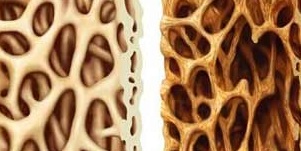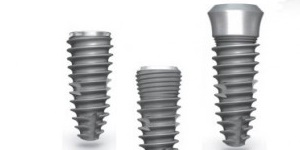
حفظ کلسیم جهت پایداری استخوان
2015-09-20
رژیم غذایی به جهت محافظت از استخوان ها
2015-09-21Bones that rigid hard tissue that we are all very familiar with – play a critical role in giving our body form and shape
Bones should last an entire lifetime. But, that is a challenge! Many older adults suffer from fractures simply because their bones have lost strength. This disease of brittle bones, also called ‘osteoporosis’ affects their mobility and quality of life
The health and strength of our bones rely on a balanced diet and a steady stream of nutrients, most importantly, calcium and Vitamin D
Calcium is a mineral that people need to build and maintain strong bones and teeth. It is also very important for other physical functions, such as muscle control and blood circulation
Calcium is not made in the body — it must be absorbed from the foods we eat. To effectively absorb calcium from food, our bodies need Vitamin D
If we do not have enough calcium in our diets to keep our bodies functioning, calcium is removed from where it is stored in our bones. Over time, this causes our bones to grow weaker and may lead to osteoporosis — a disorder in which bones become very fragile
Postmenopausal women are most vulnerable to osteoporosis. Although loss of estrogen is the primary reason for this, poor lifelong calcium and Vitamin D intake, as well as lack of exercise, play a role in the development of osteoporosis
Note that men also are at risk for osteoporosis — typically later in life than women — and it is important for them to keep track of calcium intakes, as well
enough Vitamin D
Vitamin D helps your body absorb the calcium from your diet. Your body can make vitamin D when it is exposed to ultra violet (UVB) rays of the sun. Try to let the sun shine on your arms and legs twice a week. The best time to do so is anytime between 10am and 3 pm, for about 5 to 30 minutes. If you have paler skin, then just a little sunshine will do the trick, but if you have darker skin, stay out in the sunshine just a little longer to help your body make enough vitamin D
To be certain to meet your nutrient goal, include eggs, liver and oily fish like salmon, cod and mackerel. Vitamin D fortified food include selected brands of milk, soymilk, ready-to-eat-cereal and margarine. It is best to get all your calcium and vitamin D from food and sun exposure alone, but if you are unable to get enough of either nutrient, consider a calcium supplement of up to 800mg, or a vitamin D supplement of up to 200 IU (5 g)






